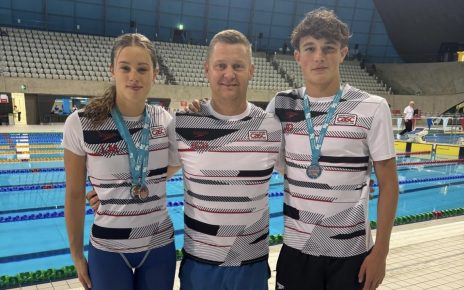Football as we know it has been played in England since 1815 and the fundamentals remain much the same, but the sport has discovered a serious issue with its links to head injuries and they can’t be ignored.
Bobby and Jack Charlton, Martin Peters and Nobby Stiles. Four of England’s 1966 World Cup side who have all died with or are suffering with dementia.
2018 studies show that about two in 100 people aged 65 to 69 are diagnosed with the degenerative disease, whereas one in five do between 85 and 89. However, these figures shouldn’t be used to discourage change within football.
Alan Jarvis was a Welsh international between 1964 and 1973, who also played 165 times for Hull City and Mansfield Town. However, after his death in 2019, the coroner ruled that his Alzheimer’s was “caused by his occupation as a footballer”.
Some people may suggest that the necessary changes have been made.
The balls are lighter than their leather counterparts of the 60s and 70s, and The English Football Association have introduced a new concussion substitution rule, but research shows that footballs now move quicker than they ever have before.
LIVE BLOG: Follow all the latest sports news and updates from the Gloucestershire area and beyond.
Further, concerns have arisen about the current guidelines that allow a player to return from concussion after only seven days if their club has a full-time doctor with neurological expertise, and the player is no longer suffering with any symptoms.
If the players’ club can’t meet those requirements, they have to follow the ‘extended programme’, which means they would have to wait 14 days, but many still feel that’s too early to return to action.
Cheltenham Town head of medical Gavin Crowe has discussed the on-field treatment he offers players after head collisions.
“We ask them about what happened when they clashed heads and then start to probe a bit further to ask them more general questions like ‘who are we playing?’, ‘what’s the score?’ and ‘what half are we in?’.
“From that we can decide whether to clear them to play on, or whether we have to remove them from the pitch.”
When explaining the further treatment given to George Lloyd, who has spent two spells on the sidelines this season with concussion, Crowe suggested he would act heavier if another collision was to occur.
“In communication with the club doctor, we felt that because we don’t have an enhanced setting, we’d have to go for the extended programme both times,” said Crowe.
READ MORE: Is English football’s social media boycott going to have an impact on kicking out racism?
“This meant he was rested for 14 days and was then slowly eased back into training with the boys.
“If he was to suffer another one, then I would recommend a trip to the specialist and maybe further action to be taken.”
Therefore, It’s clear that there is concern within football about the health and welfare of its players, and it’s also clear that some sensible changes have been made to the guidelines and safety protocols within English football clubs.
However, even if there isn’t categoric scientific evidence to say that heading a football causes long-term illnesses, further common sense changes need to be made before it’s too late.
This is a complicated issue, but i’d suggest reduced heading in training, regular head screenings, or even the wearing of protective headgear, much like former Chelsea and Arsenal goalkeeper Petr Cech.
This isn’t about changing or ruining the beautiful game, it’s about saving players from life-threatening injuries.

